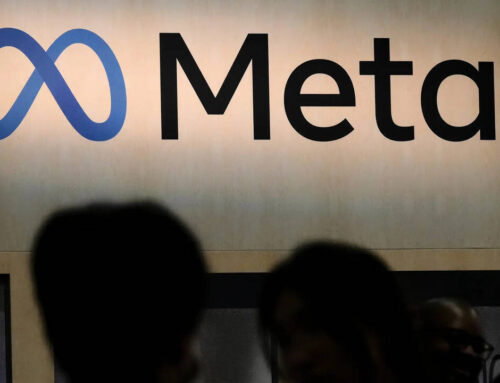The rising cost of housing, air pollution, uneven tree distribution and street sewers that create flooding were the primary concerns voiced by residents in Evanston and addressed Wednesday evening by an environmental equity team.
Formed in October, the city’s Environmental Equity Investigation team held a third workshop at the Levy Senior Center to address equity issues submitted by dozens of participants over the past few months.
One attendee, Lisa Page, lifelong Evanston resident, said she appreciated the group’s efforts, as someone who grew up in the Second Ward and now lives in the Eighth Ward.
“As a child, I felt like whenever I went to different areas and saw other homes and nice lawns and thought why is our house so different?” Page said.
Page’s childhood home was occupied by her five siblings and parents, until it was condemned and her siblings left for college. Eventually her parents were able to buy a two-bedroom house in the Eighth Ward, which Page inherited when they passed away.
“I wouldn’t be able to buy my home in Evanston on my own,” Page said. “I’m just keeping up with taxes that’s keeping the house, I would never be able to afford a home, not even a condo.”
The cost of housing outpacing household income was flagged by 23 participants as the “highest priority” for the equity group to address.
During an investigation of housing costs, the group found that 70% of Black Evanston households rent their home. While Black residents make up 17% of the city’s total population only 8.7% of homeowners are Black.
Meanwhile, about 61% of the population is white but whites make up nearly 80% of homeowners.
“The median-income Black household would not be able to afford a medium-priced home anywhere in Evanston,” Yolanda Bouchée, a member of the team, said.
Traffic concerns
Residents also voiced concerns about a high volume of traffic that emits pollutants and affects air quality in certain wards.
“Some people said that the noise and vibrations from trucking and car traffic is so loud and uncomfortable that it affects their quality of life, even when they’re in their house,” Bouchée said. “They also said that some of the kids don’t walk to school just a couple of blocks because of the traffic, and they’re overwhelmed by the toxic smells.”
Team member MaryAnn Taylor Crate, speaking to an attendee of the third Environmental Equity workshop. Credit: My Ly An uneven distribution of trees was the second-highest concern of survey participants.
Brett Weidl, the team project manager, said their research has found that communities that have historically been “redlined” and less invested in tend to have more trees, which while good for shade, can become hazards for communities.
“We’ve heard from residents that it can be hard to maintain trees in your yard,” Weidl said. “It’s expensive. The roots grow into the drains and that can cause problems. We might like shade, but those roots can cause hazards.”
As the city continues to develop and concrete and asphalt are laid, there is an increased risk of flooding since rain does not easily penetrate the surfaces, according to Weidl, “so this is a pressing issue for our community, and something we really need to be looking at as we move forward and understanding how that affects people’s lives.”
Flooding concerns
“Streets and alleys cover about 13% of the surface area in Evanston, so that’s a lot of impervious area,” she said. “Due to climate change, we’re seeing more flood frequency. We’re seeing very high-impact storms that are really attributing a lot of water in a very short period of time.
In the coming months, the group will hold a fourth and final workshop, where they will discuss other concerns from residents, including pedestrian and bicycle access, trash overflowing, homes being in close proximity to industries and parking access, according to Weidl.
The group plans to submit recommendations to the city in late September, she said.
“This is a cyclical thing, and so one thing leads to another thing, which leads to another thing which then leads to lack of wealth, building opportunities or negative health outcomes for a community,” she said. “So this is why we want to bring these things up, because there are these cycles, and we need to understand these cycles and understand how we need to interrupt cycles in order to make progress towards equity.”
My Ly is a Report for America Corps member.
Related Stories



